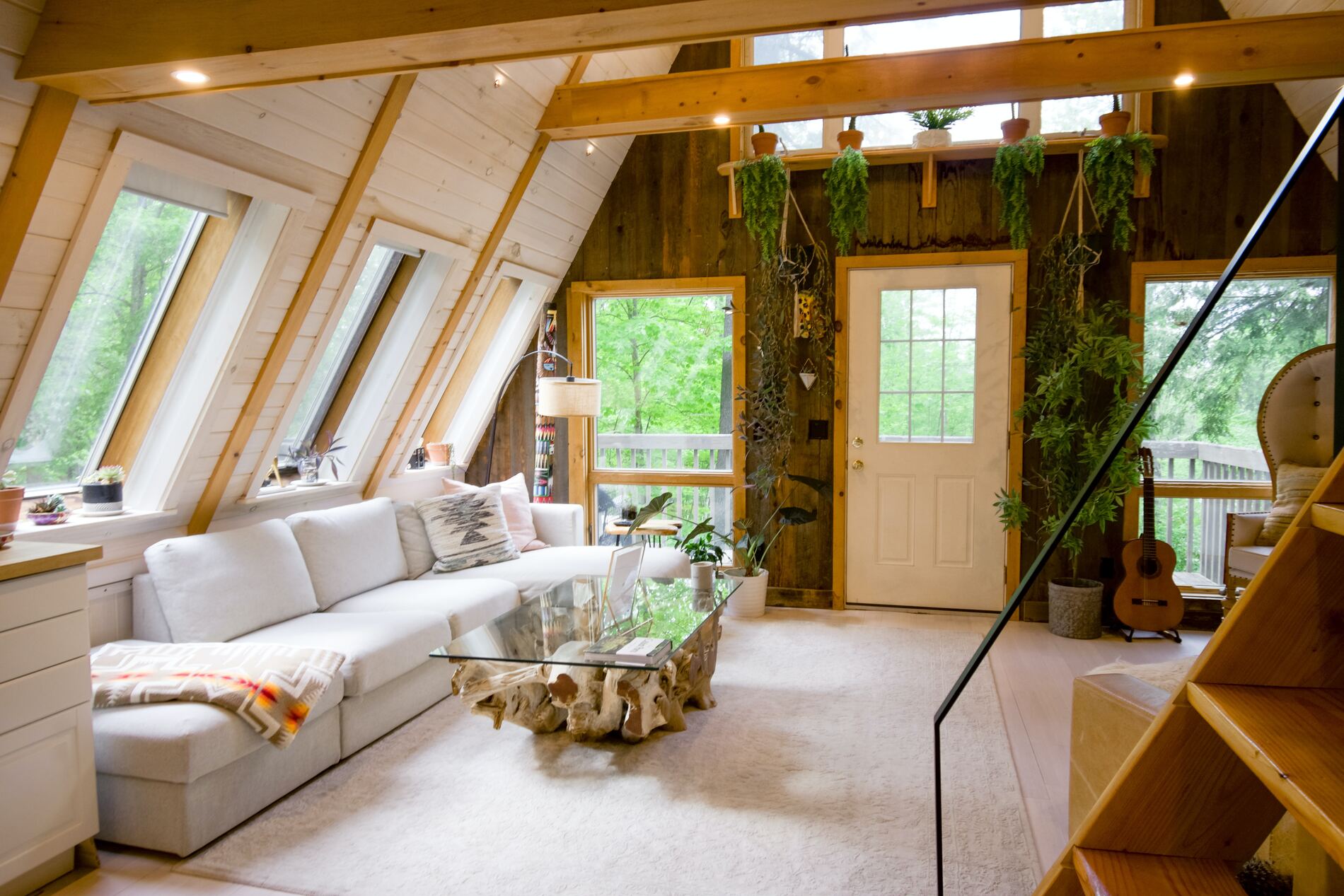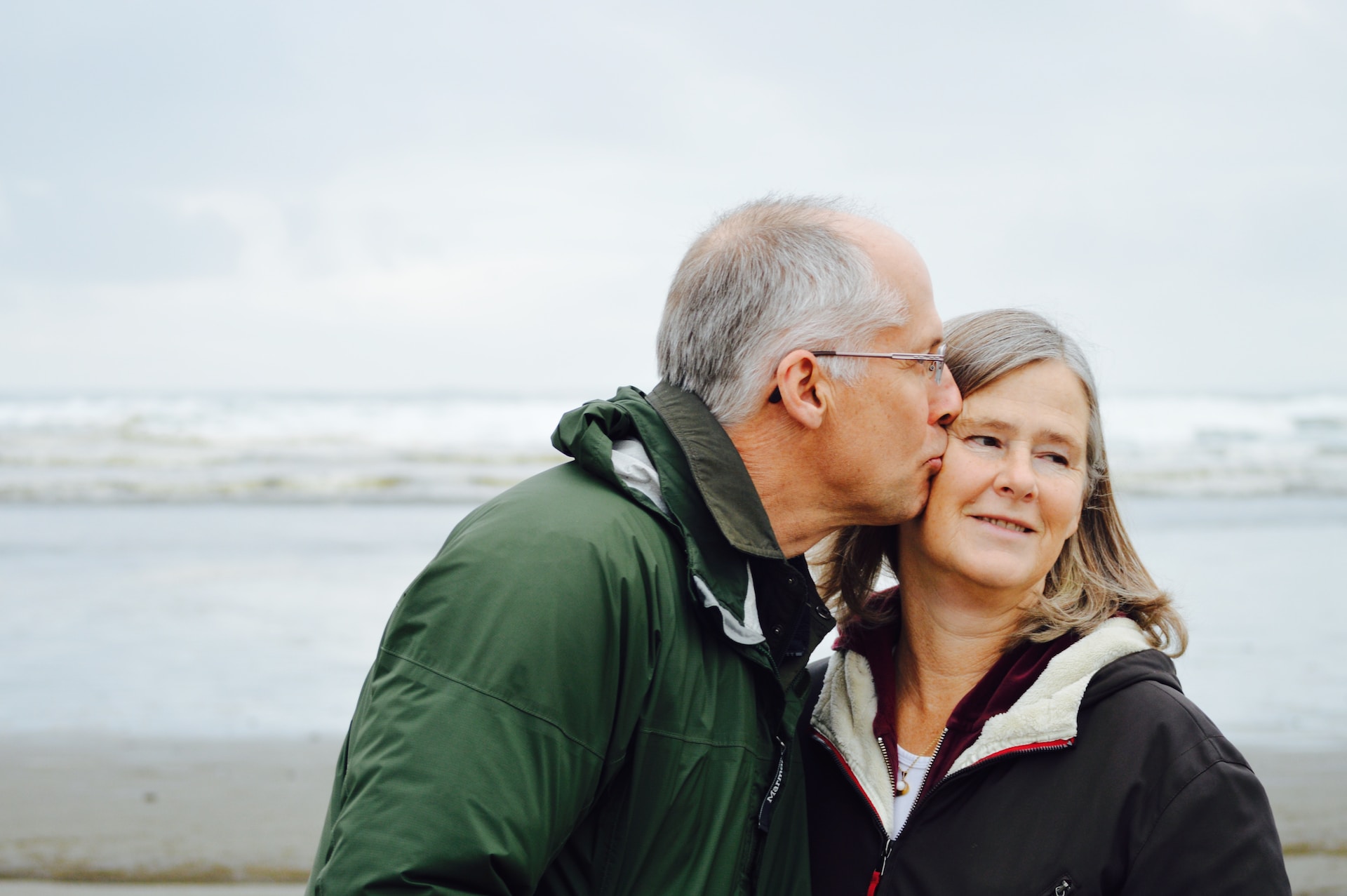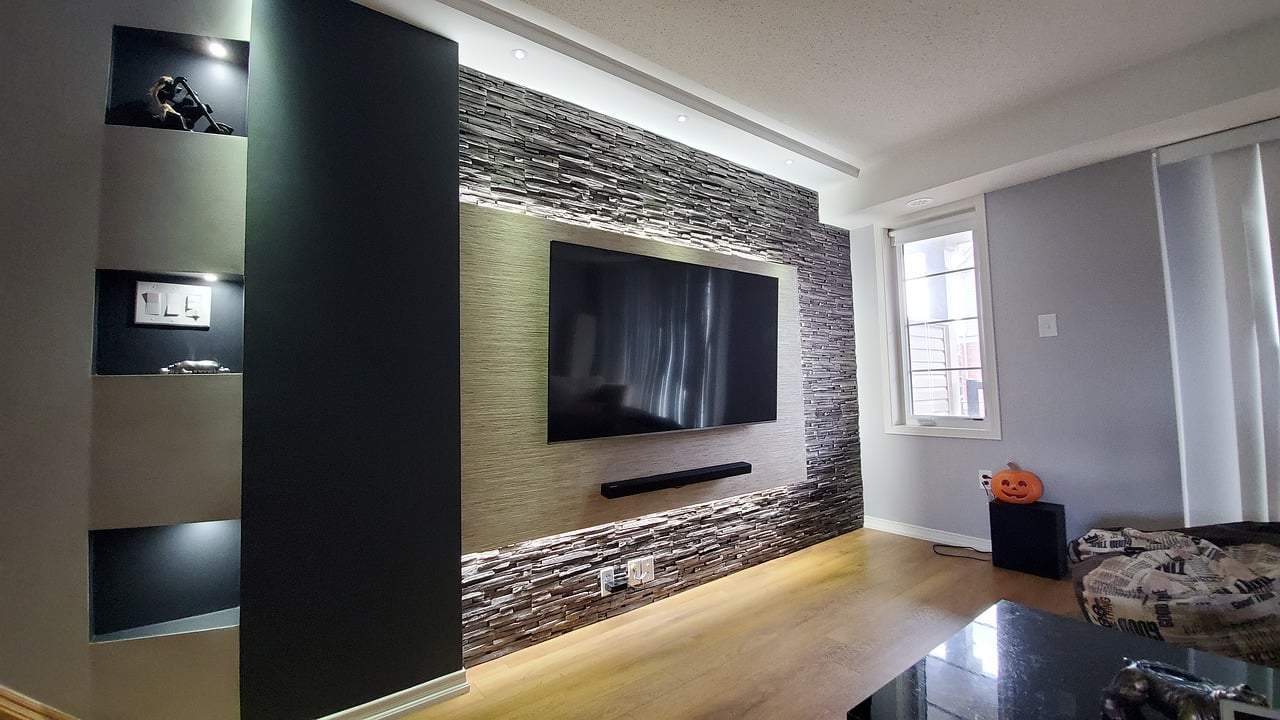Dreaming about a vacation but dreading accommodation costs? Home exchange programs and help exchange platforms like HelpStay allow homeowners to swap homes with others from different locations, offering a cost-effective alternative for accommodation while providing an authentic travel experience. With home exchange, you can save money on expensive hotels and live like a local, immersing yourself in the culture and exploring off-the-beaten-path destinations. But while dreaming about that holiday, keep your feet on the ground with the right insurance. While planning to get away, you’ll need to review your existing policy, consider liability insurance, and secure valuable possessions to ensure your dream doesn’t become a nightmare.
Table of Contents
- Understanding insurance coverage
- Liability considerations
- Property protection and security
- Temporary accommodation options
- Understanding contractual and legal considerations
- Tips for homeowners
- Enjoying the home exchange experience
- Final thoughts
Understanding insurance coverage
Existing home insurance policies provide coverage in case of damage or loss to your property and belongings. However, there may be limitations or exclusions to be aware of when it comes to home exchanges. Home exchanges introduce a unique set of risks that standard home insurance policies may not fully cover.
Reviewing your policy carefully and communicating and coordinating with your insurer is essential. Some insurance companies offer special endorsements or “home-sharing” policies that cater to the specific needs of homeowners participating in home exchanges. Your insurer might also be able to help you “bundle” some coverage.
Reviewing existing policies
Before you embark on the adventure of your home exchange, you’ll need to closely examine your existing insurance policy to understand what’s covered. Some policies may not cover damages caused by guests staying in the home or may have limitations when covering theft, natural disasters, or other potential risks while you are away.
Key considerations while reviewing your policy include:
- What types of damage are covered?
- Does your policy exclude home swaps or other types of short-term arrangements?
- What are the liability coverage limits?
- Are there any limitations on coverage for appliances or other personal belongings such as electronics, jewelry, art, or sports equipment?
Limitations and exclusions
Be aware of potential policy restrictions or exclusions affecting your home insurance coverage during a home exchange.
Liability considerations
Home exchanges can be a fantastic way to travel and experience new places, but it’s essential to be aware of potential risks and have adequate liability coverage. Here’s an overview of the risks:
- Personal injury: One of the main risks during a home exchange is the potential for personal injury to yourself, your family, or the guests staying in your home. Accidents can happen, and if someone is injured while staying in your home, you could be held liable for medical expenses and other damages.
- Property damage: Another risk is property damage. If your guests accidentally damage your property or belongings during their stay, you may be responsible for repair or replacement costs.
- Legal action: In the event of personal injury or property damage, the affected party may choose to take legal action against you. Legal expenses can be significant, so having liability coverage can help cover those costs and protect your assets.
Risks of home exchanges
Other potential risks to be aware of and adequately prepared for include:
- Theft or loss of belongings: Personal belongings or valuable items could be stolen or misplaced during a home exchange.
- Unauthorized use of property: Guests may use your property in ways that violate the agreed-upon rules or cause damage.
Importance of liability coverage
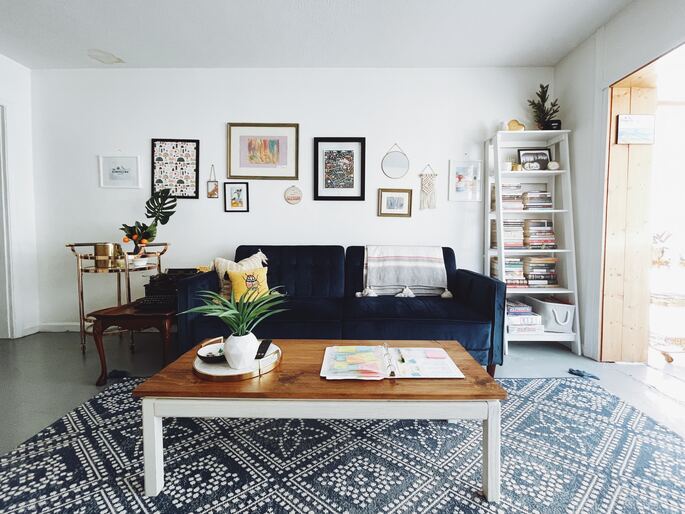
Liability coverage is essential to protect you from potential financial losses related to accidents or injuries. Here are a few reasons why liability coverage is crucial:
- Medical expenses: If someone gets injured on your property, liability coverage can help cover their medical costs.
- Legal expenses: In the event of a liability claim or lawsuit, liability coverage can help cover your legal expenses.
- Property damage: Liability coverage can also help cover the costs of property damage caused by you, your family members, or guests. For example, if a fire starts in your home and spreads to a neighbor’s property, liability coverage can help cover the costs of repairing or rebuilding the damaged property.
- Loss of income: In some cases, liability coverage may provide coverage for loss of rental income if your property becomes uninhabitable due to covered damages or injuries. This can help compensate for the income you would have received when your property is undergoing repairs or is unfit for occupancy.
- Personal asset protection: Having liability coverage protects your assets from being seized or used to cover the costs of a liability claim or lawsuit. Suppose you are found legally responsible for an accident or injury and are required to pay damages. In that case, your liability coverage can step in to protect your savings, investments, and other personal assets from being depleted.
- Peace of mind: Liability coverage provides homeowners with peace of mind. Knowing that you have liability coverage allows you to focus on enjoying your home, hosting guests, and participating in activities without worrying about potential financial consequences.
Evaluating existing coverage
Assessing your existing liability protection involves a few steps:
- Reviewing your homeowner’s insurance policy
- Determining liability coverage limits
- Evaluating additional coverage needs
- Exclusions or limitations
- Consulting with an insurance professional
Property protection and security
The most important step you can take to protect your property is to get the right insurance.
Next, you’ll want to create a comprehensive home exchange agreement. Establish a detailed home exchange agreement clearly outlining both parties’ expectations, rules, and responsibilities.
Consider conducting background checks on potential exchange partners or using a reputable home exchange platform offering members verification or review processes. Working a tenant background check on potential exchange partners will provide valuable insights into their history and reliability.
Before the exchange, ensure your home is in good condition and make any necessary repairs. Provide clear instructions for operating appliances, security systems, or other relevant home features.
Store important documents and sensitive information securely to protect them from potential theft or unauthorized access.
Securing valuables
Be sure to document your belongings and inventory valuable items before the home exchange. Secure any high-value or sentimental items in a safe or an area not accessible to guests.
Enhancing home security measures
Ensure your home security system works correctly, including any installed cameras or alarms. If you don’t have a home security system, consider this seriously for your peace of mind and your guests. If you have a coded home entry system, create a unique code for your guests.
Pest protection for your home
Protecting your home goes beyond just securing valuables and enhancing security measures; it’s also about safeguarding it from silent intruders like pests. One of the most destructive pests homeowners face is termites. Preventing termite damage is not only crucial for maintaining the structural integrity of your home but also ensures that your exchange guests have a comfortable and safe stay. Regular inspections by a licensed exterminator can help identify potential problem areas before they escalate. Additionally, consider investing in pest-resistant materials if renovating or building new additions to your home. Educate your guests on simple practices, like ensuring food items are properly stored and not leaving doors or windows open for prolonged periods, to keep pests at bay. A pest-free environment elevates the experience for your guests and reduces the likelihood of any unwanted post-exchange surprises.
Temporary accommodation options
So you’ve found the perfect home exchange for your vacation. What if your accommodations fall through or you encounter challenges during your exchange? That’s where temporary accommodation coverage and add-ons come in.
Temporary accommodation coverage provides financial protection and peace of mind when your original accommodations become unavailable due to damages, cancellations, or any other unforeseen circumstances. It ensures you have a safe place to stay while sorting out alternative arrangements.
Temporary accommodation scenarios
Consider this scenario: Sarah and Mark were all set to stay at a beautiful beach house in Malibu, but upon arrival, they were greeted with the news that the house had been damaged due to a recent storm. Panic set in as they wondered where they would sleep that night. Thankfully, they had temporary accommodation coverage as part of their home exchange add-on. Because of that, they were able to stay at a local hotel at no additional cost.
Solutions for temporary accommodations
The importance of temporary accommodation coverage becomes even more evident when considering the potential coverage gaps during home exchanges. For instance, what if your host suddenly cancels at the last minute? Or what if their home isn’t as advertised, leaving you in an uncomfortable or unsuitable living situation? These are not scenarios we like to imagine, but preparing for the unexpected is better than encountering it with no alternative plan.
Understanding contractual and legal considerations
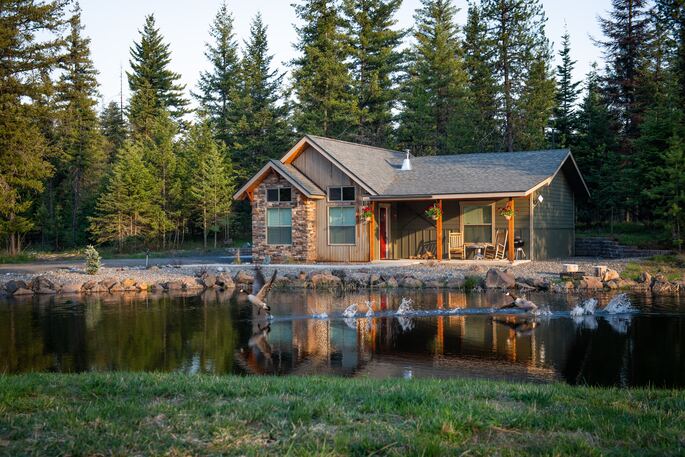
By being aware of your contractual and legal considerations, you can ensure a smooth and secure exchange experience.
One key to home exchanges is the creation of a comprehensive contract. This document outlines the terms and conditions agreed upon by both parties. By clearly defining these aspects in writing, you can establish a solid foundation for your exchange and minimize potential conflicts or misunderstandings.
Reviewing agreements
Home exchange agreements are legally binding contracts between parties involved in a home swap.
Pay attention to any restrictions or limitations imposed by homeowners’ associations or local regulations. Some neighborhoods or localities may have specific rules regarding short-term rentals or require prior approval for home exchanges. Failing to comply with these regulations could result in penalties or legal consequences.
Carefully examining cancellation policies and liability clauses is also essential. Understanding what happens if plans change or if there is damage to your property during the exchange will help you make informed decisions and mitigate potential risks.
Insurance clauses
You want to understand the various insurance-related clauses in these agreements. Usually, there are clauses for liability and property damage.
Additionally, many home exchange agreements include personal belongings and theft protection clauses. These clauses outline each party’s responsibility to safeguard their possessions during the exchange period and may provide guidelines on reporting stolen items or seeking compensation if necessary.
Seeking legal advice
Seeking legal advice is beneficial because home exchange agreements involve intricate legalities. A lawyer specializing in property or contract law can review these agreements to ensure they are fair, enforceable, and adequately protect your rights.
Tips for homeowners
Tip number one: Have a blast! Home exchange vacations are a whole new way to adventure, exploring destinations you love or have never been to. Your first joy of home swapping will be the money you save on accommodations. With this budget-friendly option, you can take trips you may not have been able to afford otherwise. You’ll also have more room to spread out and find your niche because you’re not staying in a room but in a house. And don’t forget the genuine insights your hosts will provide into local culture, along with places to eat and play. Those insights will genuinely help you live like a local.
Now for more practical stuff:
Tip number two: Carefully review the terms and conditions of your homeowner’s policy, including any exclusions or limitations, to determine whether additional coverage is needed.
Tip number three: Conduct a home inventory to assess the value of your belongings and determine whether you have the appropriate amount of personal property coverage. When was the last time you did this? Preparing for a home exchange can be the perfect time to reassess your coverage.
Ensuring adequate coverage
Without proper insurance coverage, you may be liable for any losses or injuries during the exchange. The potential financial consequences of not having adequate insurance coverage can be significant. Imagine a scenario where a guest staying on your property accidentally causes a fire, resulting in substantial damage to the property. What would you do if you didn’t have adequate coverage for this event? This is why thoroughly discussing potential scenarios with your insurance provider is so critical.
Communicating with providers
You can confidently engage in home exchanges by effectively communicating with your insurance provider.
Insurers serve as a safety net, offering coverage and protection in unforeseen circumstances. You can ensure you are adequately covered by clearly communicating the home exchange details and understanding the insurance policies. For example, insurance providers may require specific documentation, such as the written agreement between the parties involved, to validate coverage during the exchange. Failing to communicate these details effectively may result in denied claims or limited coverage, leaving you vulnerable to financial risks. Additionally, exploring ways to reduce home insurance costs, such as installing security systems or smoke detectors, can not only enhance safety during home exchanges but also potentially lower your insurance premiums, making it a win-win situation.
Preparing for home exchange
In addition to the insurance preparation, there are some ways you can prep your home to make the experience positive for you and your guests. A warm welcome is always a treat. Leave a bottle of wine and glasses or a snack if your guests are arriving late.
Free up some space for them to settle in and stow their belongings. Your insights, including a list of local recommendations, tips, and fun activities, will excite your guests about exploring the area.
Think about emptying the fridge and cupboards, leaving enough non-perishables to cover the basics, like coffee, tea, eggs, milk, juice, bread, and flour. And free up some space in the bathroom so your guests have room for their toiletries.
Embracing technology for a seamless experience
In this digital era, leveraging technology can also play a pivotal role in enhancing the home exchange experience. Consider utilizing a Google virtual tour of your home. This interactive tool allows potential guests to virtually walk through your property, getting a feel for the space and layout before they arrive. Not only does this provide a clear picture of what to expect, but it also helps in building trust and transparency between both parties. By providing a virtual glimpse of your home, guests can plan their stay more effectively, ensuring a smoother and more enjoyable home exchange experience.
Checklist for home exchange
Here is a checklist of the most important things to do before departing for your home exchange experience:
- Addresses and contact details: exchange your details so there’s no confusion over addresses. You could even set up a Whatsapp group for your swap.
- Key pick up: Confirm how you’ll be exchanging keys, plus the details of any home security systems.
- Confirm any further costs: Some swappers may charge cleaning fees or for other extras. Ensure this is clear and that both parties are in agreement before swapping.
- Other considerations: Will guests have to look after any pets? Or will they need to tend the garden or water your house plants? Outline any expectations during their stay, and don’t forget to mention specific details such as what day the household waste and recycling is collected.
- Create a welcome kit: From local recommendations and phone numbers for taxis to Netflix and Wi-Fi login details, make sure you’ve shared the type of info that will make your guests feel at home.
- Give your home a clean: Make sure the bathroom and kitchen are super clean, change the beds and get out fresh towels, vacuum or sweep the floors, and wipe down or dust surfaces.
Handling Emergencies
What do you want your guests to do in case of an emergency? This is something that you should detail in your home exchange agreement. It’s also a good idea to leave a list of emergency contacts with your welcome kit so guests aren’t left scrambling should something unexpected arise.
Being a good host

Think about what you would like to walk into at your exchange location and set that up for your guests. Would you like to see fresh flowers when you walk in or a bottle of local wine chilling in the fridge? Would a snack of local flavors be nice after a long day of travel? Or maybe Netflix and chill with locally-sourced ice cream? In any case, you’d want to walk into a clean and tidy space. Whatever you decide to do, make it personal by leaving a handwritten welcome note — they’ll appreciate the effort.
Providing necessary information
You want to leave instructions for things like your security system, heating and cooling, or any systems or appliances in your home that aren’t entirely self-explanatory. Does your dishwasher have a quirk? Is everything in perfect working order? If not, let your guests know how to get the most out of your home.
All the better if you have maps of the area, transit options, and brochures for sites they must see. Remember, home exchangers want to live like a local, so your information will help them achieve that goal.
Enjoying the home exchange experience
Now that you’ve ensured you have the proper insurance coverage, secured your belongings, and set your guests up for a wonderful experience, it’s time to think about your own adventure!
What kind of experience are you seeking? Do you want to stay in the center of everything and really immerse yourself in the community? Or do you enjoy a quiet vacation – maybe a place in the countryside? Make sure the home you’ll be staying at suits your needs, especially if you’re traveling with family or other companions. If you are bringing children, be sure the home is set up for that by communicating with your hosts.
Depending on where you’re going and the home you choose, you may have access to bicycles, surfboards, snow skis, kayaks, or other equipment that allows you to enjoy the scenery and have a ball.
Going on a seasonal holiday? See if your hosts have decor you can use to make the home festive.
Respecting cultural differences
One of the benefits of travel, especially traveling abroad, is getting to experience a whole new culture.
Traveling is an excellent way to practice cultural awareness and grow your experience with different worldviews. The adventure of being in a new place, surrounded by people who, in many cases, have had vastly different life experiences from your own, is an undeniably special one. It opens your mind and heart to those with whom you may not previously have shared an understanding. This cross-cultural exchange is among the most beautiful, complex, and exciting aspects of traveling in areas you’ve never been to. How do you respect those cultural differences? By being genuinely interested, following local customs, and listening attentively.
Genuine interest in how other people live is the best way to show respect. Being open-minded and trying new things will endear you to those who live where you’re staying.
Studying up on your destination is always a good idea so you can be prepared when you head out. How do locals dress? Is the culture conservative? Do you need a scarf or to have your arms covered when visiting local sites? These questions allow you to pack properly so you don’t have to buy clothes or be surprised when you get there.
And definitely take advantage of the guidance your hosts leave for you. You might think there’s a more efficient way to do something but local advice is the best advice. You may be in a place where systems or customs move more slowly than you’re used to. That’s OK. If you get your mind in the right place, these types of differences won’t bother you.
Taking care of the exchange home
When staying in someone else’s home, be aware that they may have different facilities, utilities, and accouterments than you’re used to at home. In Europe, for example, the coffee makers are different, and you’re likely to find a bidet in the bathroom. You’ll also need plug adaptors for your electronics.
Don’t let the differences be stumbling blocks. Keeping your mind and heart open and trying new things are part of the adventure of being in a new place.
Of course, you’ll want to utilize your host’s home with care. When you are ready to depart, leave the house in the same condition you found it.
Maintaining good communication with the homeowner
Finally, keep those lines of communication open before and during your stay. (And you might find yourself with new friends afterward.) Ask to clarify if you have questions or are confused about anything at home. Your host wants you to have a great experience, so while you don’t want to contact them for everything, let them know if you can’t figure something out.
Final thoughts
Hopefully, this guide has put your mind at ease, and you’ve decided to go forward with a home exchange vacation. Good for you! Do your research and ensure you have the proper insurance to cover your house swap. Be diligent in others’ homes and take appropriate steps to ensure yours is cared for too. Then go out and enjoy your adventure!
